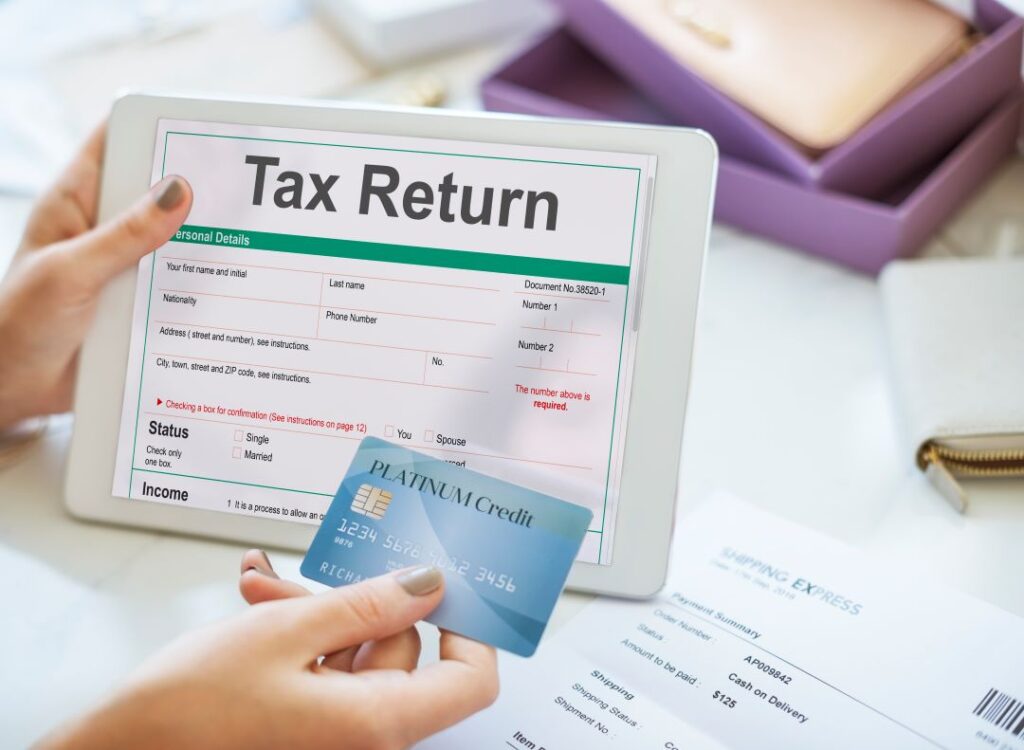
Income Tax Return Filing (ITR)
An income tax return (ITR) is a form you file with the government to report your income and taxes for a specific tax year
Income Tax Return Filing (ITR)
Income Tax Return Filing (ITR) Details
- Reports your income: You list all your taxable income sources on the ITR, including wages, salaries, investments, interest, and self-employment income.
- Calculates your tax liability: Based on your income and deductions, the ITR helps determine how much income tax you owe.
- Claims a refund: If you’ve withheld more tax than you owe, you can claim a refund through your ITR.
Need to file an ITR
Whether you need to file an ITR depends on your specific tax situation. Here are some general guidelines:
- Income exceeds a certain amount: The minimum income threshold for filing an ITR varies depending on your age and filing status.
- Business income: If you run a business, you’ll likely need to file an ITR, regardless of your income level.
- Claimed deductions or tax credits: If you want to claim deductions or tax credits to reduce your tax liability, you’ll typically need to file an ITR.
Compliance and Responsibility:
- Fulfilling your tax obligation: Filing an ITR is a legal requirement for taxpayers who meet certain income criteria. It ensures you’re contributing your fair share to the government.
Financial Transparency:
- Accurate income reporting: An ITR provides a detailed record of your income sources and amounts for a particular tax year. This transparency helps the government track economic activity and tax collection.
Benefits for Taxpayers:
- Claiming deductions and tax credits: ITRs allow you to claim deductions for eligible expenses and tax credits that can reduce your overall tax liability.
- Proof of income: ITRs serve as a valid document for income verification. This can be useful for loan applications, visa processing, or other situations requiring income proof.
- Seeking tax refunds: If you’ve overpaid taxes through TDS (tax deducted at source), you can claim a refund through your ITR.
Essential Documents:
- PAN Card: This is mandatory for filing any ITR.
- Aadhaar Card: Linking your Aadhaar with your PAN is required for most taxpayersin India.
Income Documents:
- Form 16 (For salaried individuals): This TDS certificate from your employer details your salary income and tax deducted at source (TDS).
- Form 16A/B/C (For other income sources): These forms provide details on TDS deducted from other sources like interest income, rent receipts, etc.
- Bank Statements/Passbook: These can help verify income sources and amounts, especially for freelance income or business income.
Deduction/Investment Proofs (if applicable):
- Investment Proofs: Documents for tax-saving investments like PPF, ELSS mutual funds, life insurance premiums etc., if you want to claim deductions under relevant sections.
- Interest Certificates: Interest earned on fixed deposits, savings accounts, etc.
- House Rent Receipts (if applicable): If you pay rent and want to claim the HRA deduction.
- Medical Insurance Receipts: For claiming deductions under relevant sections for health insurance premiums.
- Capital Gains Statements: If you sold any capital assets like stocks or property during the year.
Other Documents (depending on your situation):
- Form 26AS/ AIS/TIS: This is a tax information statement from the Income Tax Department summarizing your tax deducted at source (TDS) and other tax-related information.
- Home Loan Statement (if applicable): For claiming interest paid on your home loan.
- Rental Income Records (if applicable): If you receive rental income from property.
- Foreign Income Documents (if applicable): For reporting income earned from abroad.
FAQs
When it comes to your business finances, trust matters. Choose a partner with a proven track record of success.
Income tax filing is the process of submitting your income details, deductions, and taxes paid to the government for assessment. It is mandatory for individuals and entities whose income exceeds the taxable threshold set by the government.
Any individual, Hindu Undivided Family (HUF), company, partnership firm, or any other entity whose income exceeds the basic exemption limit is required to file income tax returns. Even if income is below the taxable limit, filing may be necessary for claiming refunds or certain benefits.
It may not be mandatory to file an ITR if your income is below the taxable limit. However, filing can be beneficial for claiming refunds or showing income proof for various purposes.
Yes, you can file a belated return after the due date (usually July 31) but before the end of the assessment year (AY). However, late filing may attract penalties and interest on unpaid taxes.
Yes, you can revise your ITR within a specified time frame if you discover any errors or omissions. The revised return should be filed using the online portal.
Similar Services
Secure funding, streamline operations, and navigate risks with our proven strategies for early-stage success.
GST Return
A GST return is a document filed by businesses registered under the Goods and Services Tax (GST) in India. It details a business's income, sales, purchases, tax liability, and input tax credit (ITC) for a specific period.
Still in doubt?
We are here for you, don’t let finances hold you back. Our expert team is here to fuel your growth with tailored financial solutions. Let’s chart your course to success.

